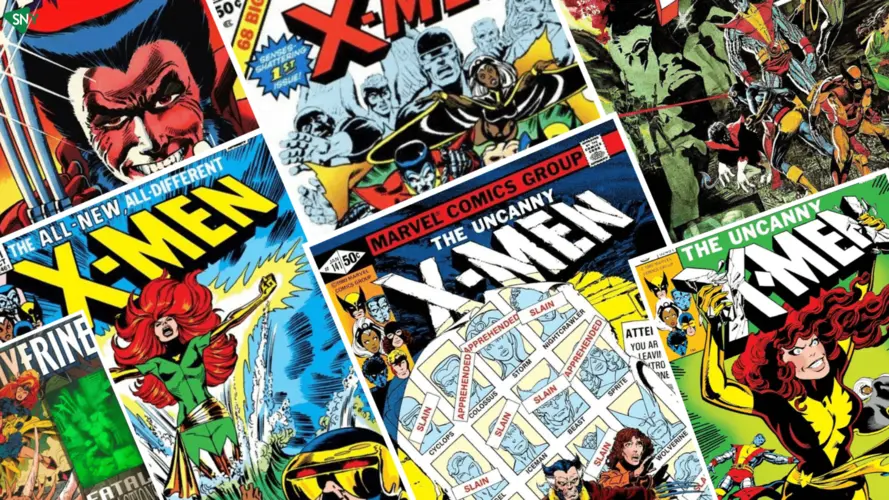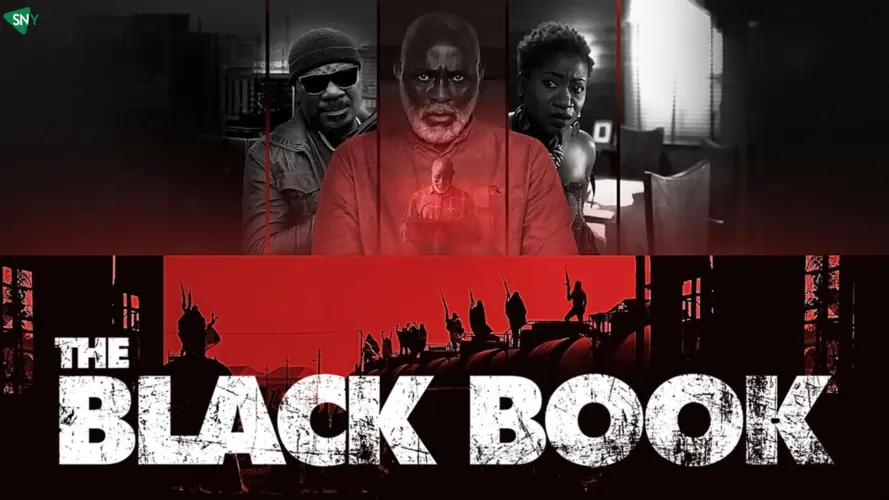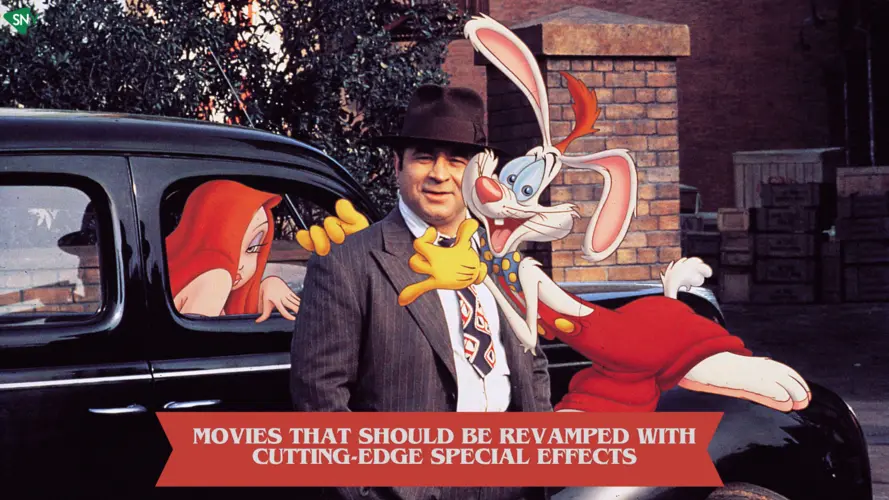The turn of the millennium marked a pivotal moment in cinematic history with the release of “X-Men” in 2000. Directed by Bryan Singer, this film not only redefined the superhero genre but also set a new standard for comic book adaptations. Through its compelling narrative, intricate character dynamics, and thought-provoking themes, “X-Men” bridged the gap between niche comic book fandom and mainstream cinema audiences. This article delves into the transformative impact of the X-Men franchise on superhero cinema, exploring the nuanced portrayal of its characters, the socio-political allegories embedded within its storylines, and the legacy it leaves for future generations.
Groundbreaking Beginnings
In an era dominated by traditional action heroes, “X-Men” introduced audiences to a new breed of superheroes: mutants. These characters, endowed with extraordinary abilities due to genetic mutations, found themselves at the crossroads of fear, discrimination, and acceptance. The film adeptly navigates the complexities of identity, belonging, and societal rejection, themes that resonated deeply with its audience.
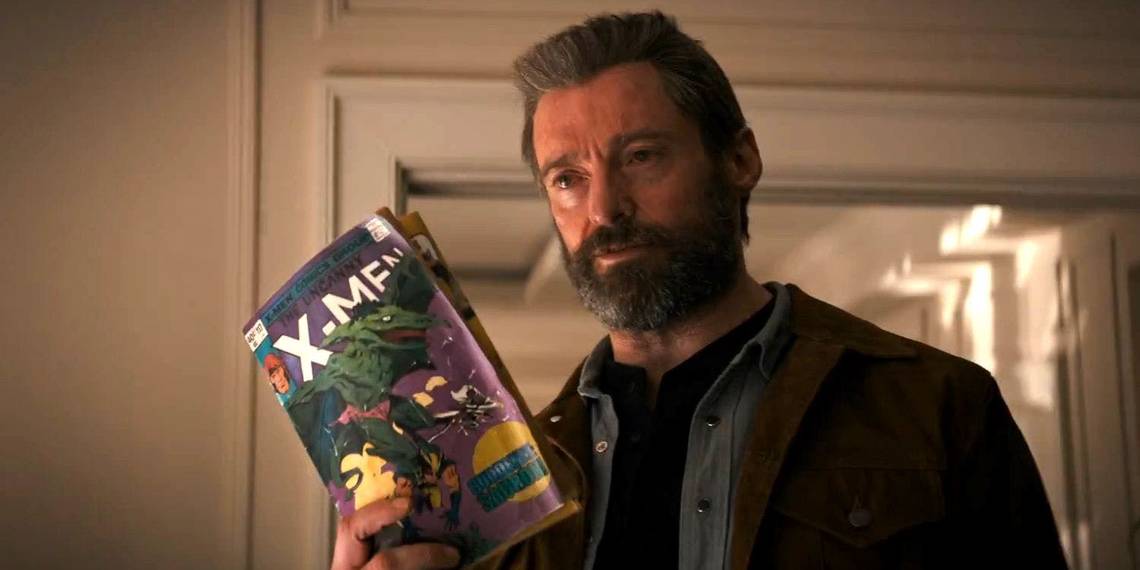
The Strategic Direction of Bryan Singer
Bryan Singer’s vision for “X-Men” was clear from the outset. He sought to elevate the narrative beyond the confines of typical superhero tales, infusing it with real emotional stakes and moral dilemmas. By casting actors like Patrick Stewart and Ian McKellen, Singer ensured that the character arcs of Professor Charles Xavier and Erik Lehnsherr (Magneto) were not just compelling but also carried significant weight. This approach not only attracted viewers unfamiliar with the comics but also engaged longtime fans, creating a diverse and invested audience.
The Dichotomy of Brotherhood vs. Pacifism
At the heart of “X-Men” lies the ideological conflict between Xavier’s X-Men and Magneto’s Brotherhood. This dichotomy explores the ethical and philosophical questions surrounding the use of power, the fight against oppression, and the path to peace. It’s a testament to the franchise’s depth that these themes remain relevant, reflecting ongoing societal debates about justice, equality, and coexistence.
The Cultural Impact of “X-Men”
The success of “X-Men” paved the way for an explosion of interest in superhero films, proving that stories about mutants and superheroes could captivate a global audience. The franchise’s exploration of discrimination, prejudice, and the fight for acceptance mirrored real-world issues, making it not just entertainment but a conversation starter on topics of diversity and inclusion.
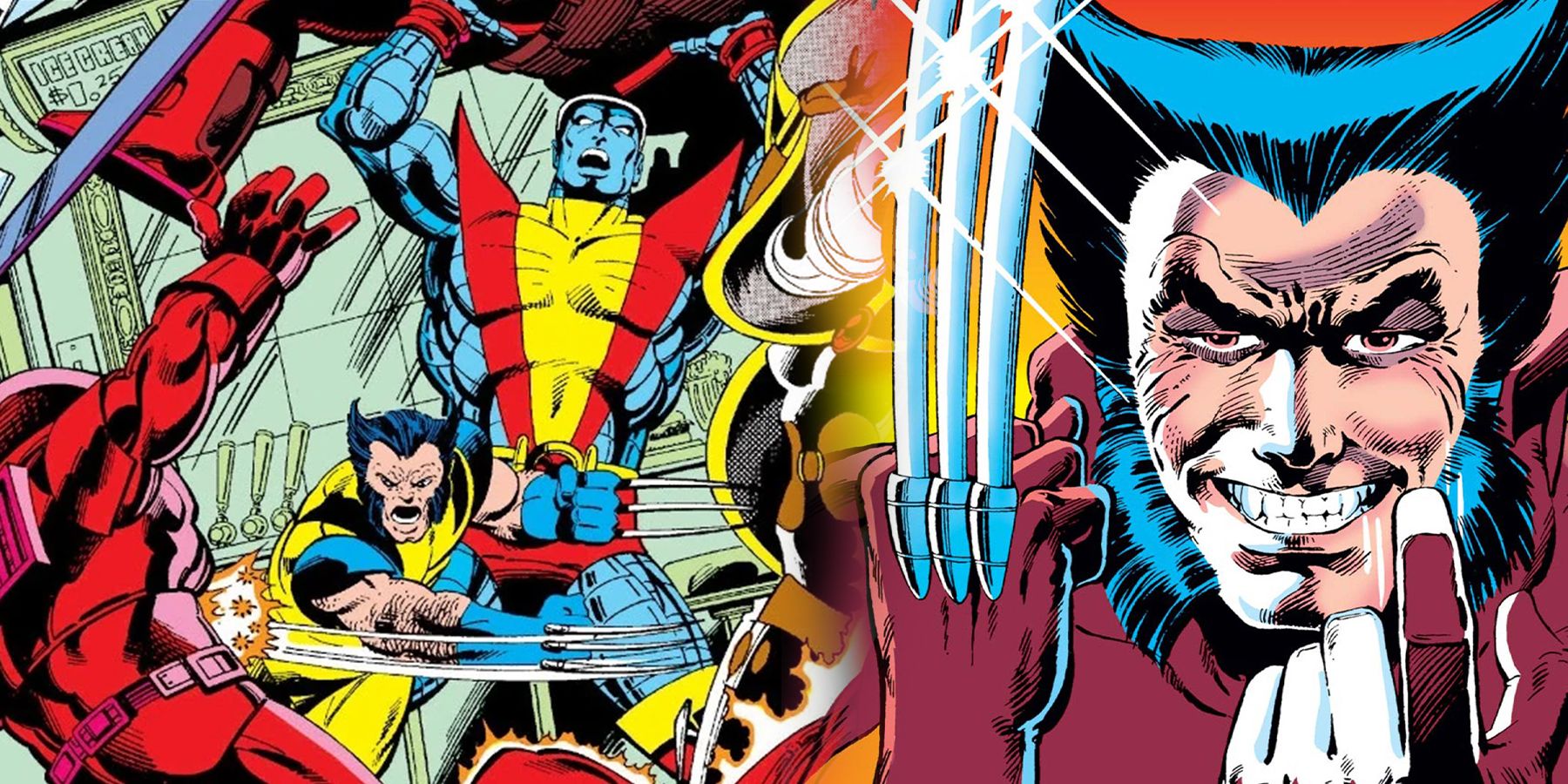
Addressing Social Issues Through Superhero Narratives
What sets the X-Men franchise apart is its unwavering commitment to addressing social issues. From its inception, the series has tackled themes of racism, homophobia, and xenophobia, making it a beacon for discussions on tolerance and understanding. The inclusion of diverse characters and stories has fostered a sense of belonging among fans, particularly those from marginalized communities.
The Evolution of the X-Men Franchise
Over the years, the X-Men series has undergone significant transformations, adapting to changing audience expectations and shifts in the cultural landscape. Films like “X-Men: Days of Future Past” have skillfully blended action with social commentary, while the franchise’s foray into television with “X-Men ’97” has expanded its reach and influence.
:no_upscale()/cdn.vox-cdn.com/uploads/chorus_asset/file/16320393/IMG_AADE07C1A336_1.jpeg)
The Legacy and Future of X-Men
Despite challenges and controversies, notably those surrounding Bryan Singer, the X-Men franchise continues to thrive. Its legacy is evident in the continued popularity of superhero films and series that champion diversity and address complex social issues. As the franchise evolves within the Marvel Cinematic Universe, its commitment to storytelling that reflects the human condition remains unwavering.
Conclusion
The X-Men franchise stands as a monumental achievement in cinema, transcending the superhero genre to explore the depths of the human experience. Through its portrayal of complex characters, engagement with social issues, and enduring cultural impact, “X-Men” has redefined what it means to be a hero. As we look to the future, the legacy of the X-Men serves as a reminder of the power of storytelling to inspire, challenge, and transform our world.
